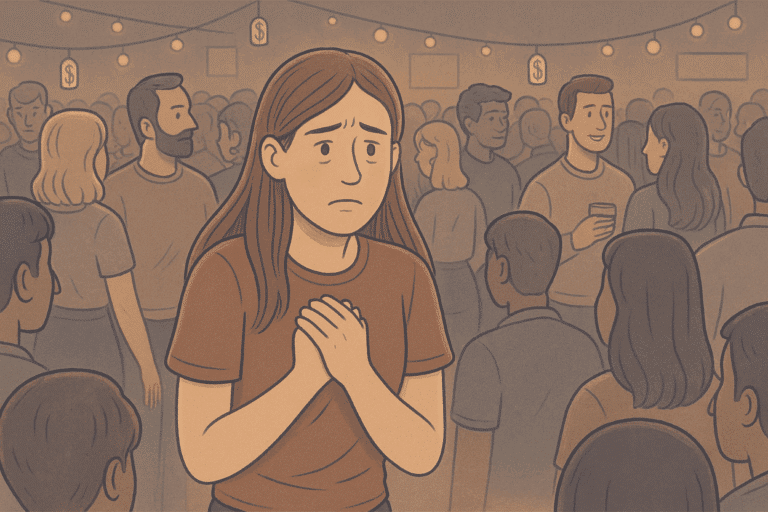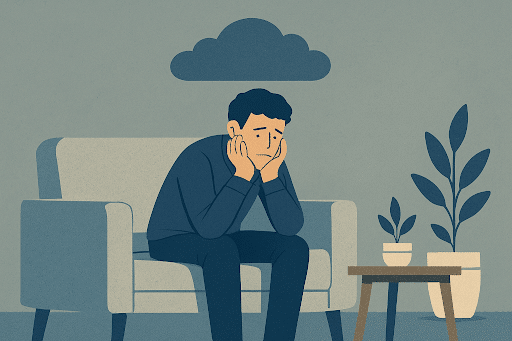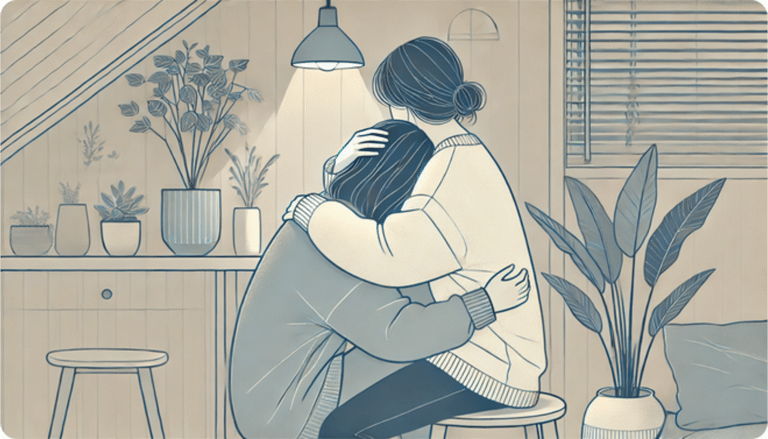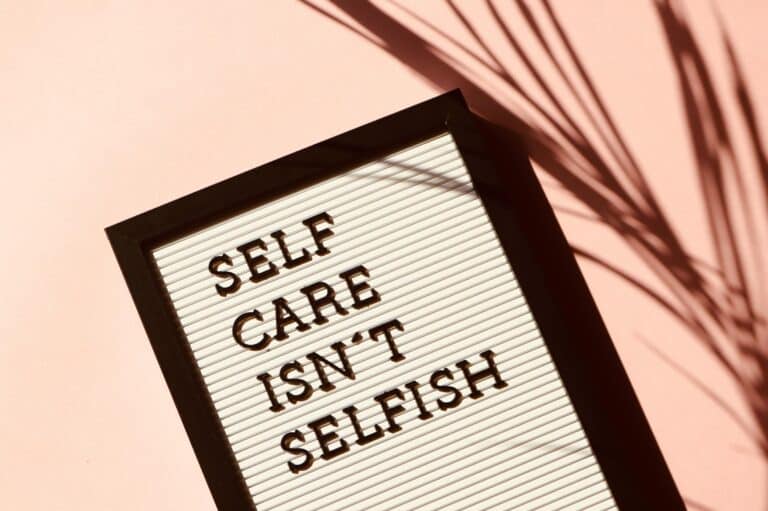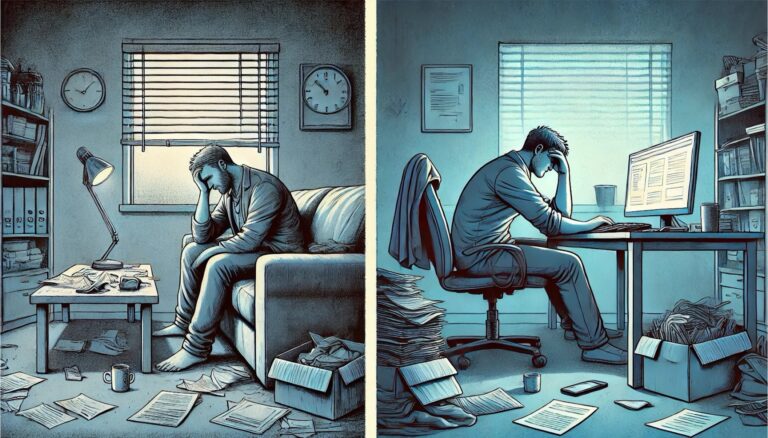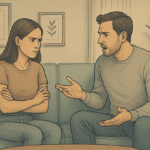It’s common for those who struggle with addiction to get stuck within the mindset of “me against the world”. It can feel like no one is on your side, often times not even yourself. This selfish line of thinking can cause any sort of recovery to diminish over time. Fighting addiction can make it difficult to see that we’re using this idea that anyone and everyone is against us is solely a defense mechanism.

August 5, 2025
Authored by: Leigh Shane,
Edited by: Anand Mehta, LMFT
Having a panic attack is a really rough experience, and everyone experiences them differently. If your partner has anxiety but you don’t, it can be difficult for you to know how to help them when they are in the middle of an anxiety attack. It’s not an experience that can always be relayed or explained, there isn’t always a tangible reason for the anxiety, and not every single one feels or plays out the same as the last one. So, how can you help your partner when they’re having an anxiety attack?

August 5, 2025
Authored by: Leigh Shane,
Edited by: Anand Mehta, LMFT
The word “depression” or “depressed” has lost a lot of its weight in mainstream media over the last few years. Instead of being a word used to describe mental illness, it’s been substituted as a synonym for sadness. This casual narrative has made it more and more difficult for individuals to recognize signs of depression in themselves. If you suspect you may be depressed, here are a few ways to help you recognize it in yourself.

August 5, 2025
Authored by: Carolina Barnum, B.A.
Edited by: Anand Mehta, LMFT
PTSD (Post Traumatic Stress Disorder) is a disorder that takes root when a person experiences a traumatic event. It is one of the disorders that is commonly seen co-occurring with addiction, and over half of men who have PTSD also suffer from an addiction. PTSD has been around for as long as stress has, but it hasn’t always been called this, and it hasn’t always been formally recognized by the medical community.

August 5, 2025
Authored by: Carolina Barnum, B.A.
Edited by: Anand Mehta, LMFT
Recovery is possible, with the right care. At AMFM Treatment Center, we have experience treating a diverse range of mental illnesses. Here is a list of some of the severe mental health disorders that we proudly specialize in treating.

August 5, 2025
Authored by: Carolina Barnum, B.A.
Edited by: Anand Mehta, LMFT
Gender-specific treatment for substance abuse addictions has been shown to be very beneficial for both men and women. Although everybody’s experience with addiction and journey to recovery is unique, there are some aspects that are more common among men than among women and vice versa. Here are a few reasons why providing gender-specific treatment is so important for recovering addicts.

August 5, 2025
Authored by: Carolina Barnum, B.A.
Edited by: Anand Mehta, LMFT
Individuals who suffer from an anxiety disorder can have an especially hard time in the morning. Even worse, starting the day off with a ton of anxiety can make it harder to develop good coping mechanisms and sticking to them throughout the rest of the day. For this reason, it is important to develop good coping mechanisms and life skills in the morning that help keep your body and mind balanced, so that you can set yourself up for success when it comes to handling anxiety throughout the rest of the day. Here are some strategies that can help you do just that.

August 5, 2025
Authored by: Carolina Barnum, B.A.
Edited by: Anand Mehta, LMFT
If you have a loved one who suffers from depression, it’s easy to feel powerless to help. Everything you try to do to help only seems to make them more upset, but you can’t just do nothing when you see your loved one in pain and suffering.

August 5, 2025
Authored by: Leigh Shane,
Edited by: Anand Mehta, LMFT
Bipolar disorder, or manic-depressive disorder, is a mental health disorder that’s more well-known. However, that doesn’t stop it from being misunderstood; especially when it comes to the differences between bipolar 1 and bipolar 2. While we usually think of bipolar disorder as just one thing, the truth is that it occurs on a spectrum, ranging from bipolar 1 to bipolar 2.

August 5, 2025
Authored by: Leigh Shane,
Edited by: Anand Mehta, LMFT







